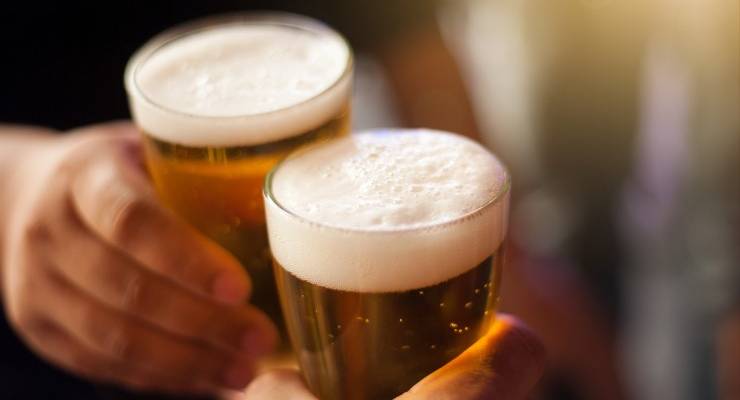
“There’s too much confusion, I can’t get no relief…”
Jimi Hendrix’s roiling end-times take on All Along the Watchtower — that go-to for news editors who want to do a “the 1960s sure were a tumultuous time” montage — clatters from the speakers at the Harley and Rose.
I am determined to wait for a less-cliched soundtrack for this piece, but the bar, on Barkley Street in West Footscray, roughly five hours out from being locked down for the second time, was playing almost exclusively late ’60s rock, so none came.
It’s not the first time the patina of inherited pop culture had coated my surroundings, making actual reality seem hopelessly cliched.
As I used the West Footscray train station to cross from one soon-to-be locked down suburb to another, a blandly reassuring voice on the PA — “Get tested, stop the spread” — echoed through the completely empty platforms. A low hum of “I shouldn’t be here” dread started to settle, and the scene became a simulacra of every post-apocalypse Zombie film I’d ever seen.
I arrived at the bar — which had proudly announced it would stay open until 11.59pm on the night before lockdown — just after it opened at 5pm, expecting to get a low risk sense of the place before any potential flurry of arrivals.
But as they led me to my table, there were already four families here, young families getting one last outing in before another month locked inside. By 5.30pm, the staff were turning people away.
Up and down the streets of West Footscray, as the early evening fades to cobalt and finally to a clear, cold night, the lines of Indian and Pakistani restaurants — the majority of eateries in this part of town — are deserted; the bright lights in the window of Biryani King showing rows of empty tables, the security gate of Night Spark still three-quarters drawn.
The bars, though, are more or less at capacity, staff cheery and brisk, which makes sense. All the better to escape the reality of what’s coming.
The first lockdown, as awful as it was, was sold in a largely chummy, “we’re all in this together” mood, particularly as it seemed to near its end.
Victoria’s second lockdown feels like punishment.
We’ve been warned of checkpoints coming into and going out of affected suburbs; automated surveillance technology matching licence plates from cars registered in hotspot zones; “elite police units” roaming the streets with drones overhead. The in-built absurdities of the postcode lockdown means there are Melbourne streets divided in two.
Meanwhile, supermarket shortages following a cluster of cases at Coles’ Laverton distribution centre — staff of which, incidentally, went on strike over virus safety concerns earlier this year — means there will be further rationing of how much people can buy.
This has been largely overshadowed by the easier-to-hate figures of the private security contractors Victoria hired to run its quarantine program. Guards, cash-in-hand workers with inadequate training, allegedly broke infection protocols — including, allegedly, sleeping with quarantine hotel guests.
Regardless, 300,000 people are now returning to social isolation and dystopia-level surveillance. Humming along in the background of that will be the cold-sweat awareness that any carelessness or ill-luck in the past week or two could cost you dearly, plus a hyper-awareness of every cough and sniffle (common enough in Melbourne winters at the best of times).
Worst of all, the creeping awareness that certain forms of congregation, certain things that make life worth living, simply may never be able to safely return.
As I’m leaving the bar, a woman — who had tried, to no avail to sneak in one of her friends — walks by with her son, who’s around four years old.
In that bright, declarative way children do when they use words they perhaps don’t fully understand, but hear a great deal, he says “I’m nervous”.








Bob Dylan’s?
Hendrix’s ‘interpretation’?
That’s what ‘take’ means.
Dylan’s original “take” – Hendrix’s subsequent interpretation.
Another record (which no journo. with a minimum of self respect would want) FIVE NO COMMENTS.
Creeky is now officially dead.